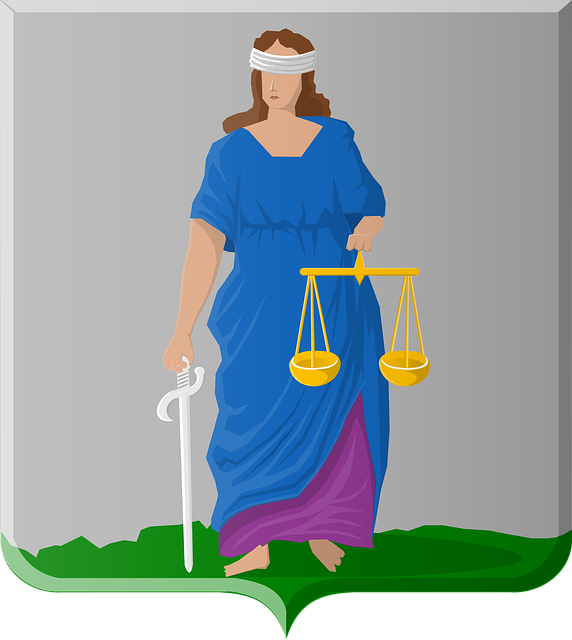Oregon's criminal defense system is meticulously designed to protect the rights of the accused through a robust framework emphasizing fair trials, due process, and access to competent legal counsel. The process begins with an arrest and continues through stages like initial appearances, preliminary hearings, and arraignments, ensuring transparency and integrity. Both prosecutors and defense attorneys bring criminal proceedings expertise to bear, investigating facts and laws comprehensively. Impartial judges oversee these proceedings, making critical decisions and ultimately reaching verdicts based on the evidence and arguments presented by both sides.
“Dive into the intricate world of Oregon’s criminal defense procedures, where understanding the legal landscape is key. This comprehensive guide explores the state’s unique criminal justice system, from initial arrest to appeals.
Learn about the crucial roles played by prosecutors, defenders, and judges, and discover the step-by-step process, including pre-trial motions and the trial itself. Gain insights into navigating complex constitutional rights and Oregon-specific laws, showcasing the expertise required in these criminal proceedings.”
- The Basics of Criminal Defense in Oregon
- – Overview of the criminal justice system in Oregon
- – Roles and responsibilities of key legal actors (prosecutors, defenders, judges)
The Basics of Criminal Defense in Oregon

In Oregon, criminal defense legal procedures are governed by a robust system designed to protect the rights of the accused. At its core, Oregon’s approach emphasizes the importance of due process and a fair trial, ensuring individuals facing criminal charges have access to competent legal counsel and a thorough understanding of their rights. The state recognizes the critical role criminal defense attorneys play in navigating complex criminal proceedings expertise, offering vital support to clients facing potential convictions.
Oregon’s criminal defense system is structured to provide a robust defense for those accused of crimes. This includes the right to remain silent, access to legal representation, and the opportunity to challenge evidence and testimony presented by the prosecution. With a focus on due process, Oregon’s legal framework ensures that criminal proceedings are conducted with transparency and integrity, upholding the principles of a just and equitable society.
– Overview of the criminal justice system in Oregon

Oregon’s criminal justice system operates with a robust framework designed to ensure fair and just outcomes in criminal proceedings. At its core, the system is structured around the state’s laws and constitutional protections for individuals accused of crimes. The process begins with the arrest, followed by an initial appearance where the defendant is informed of the charges against them. This crucial stage, often referred to as a “reading of rights,” involves explaining their Miranda rights, ensuring they understand the potential consequences, and providing an opportunity to consult with legal counsel.
The state’s commitment to due process is evident in the subsequent phases, including preliminary hearings, grand juries, and arraignments. These procedures are integral to the criminal defense process, allowing for the examination of evidence, the testing of its admissibility, and the formal initiation of charges. Oregon’s legal system encourages the exercise of criminal proceedings expertise by both prosecutors and defenders, ensuring a thorough exploration of facts and laws in every case.
– Roles and responsibilities of key legal actors (prosecutors, defenders, judges)

In Oregon’s criminal defense legal procedures, several key actors play crucial roles in ensuring a fair and just process. The prosecutor is responsible for presenting the state’s case against the accused, utilizing their criminal proceedings expertise to gather evidence, build arguments, and ultimately decide whether to file charges. They are tasked with proving guilt beyond a reasonable doubt and adhering to strict legal standards throughout the process.
On the defense side, attorneys provide critical criminal proceedings expertise to protect the rights and interests of their clients. The defender investigates the case, challenges evidence, cross-examines witnesses, and presents arguments that may include constitutional violations or reasonable doubt about guilt. They are advocates for the accused, ensuring that their client receives a fair trial and has access to legal representation every step of the way. Judges, as neutral arbiters, oversee these proceedings, making crucial decisions on admissibility of evidence, interpreting laws, and ultimately rendering verdicts based on the evidence presented by both parties.














